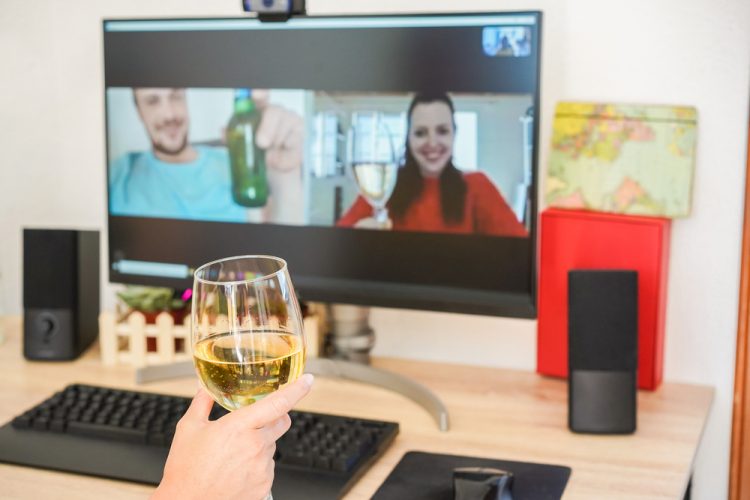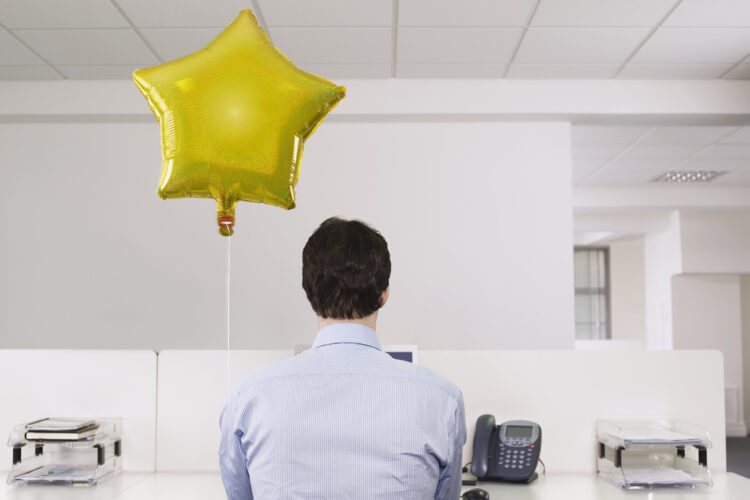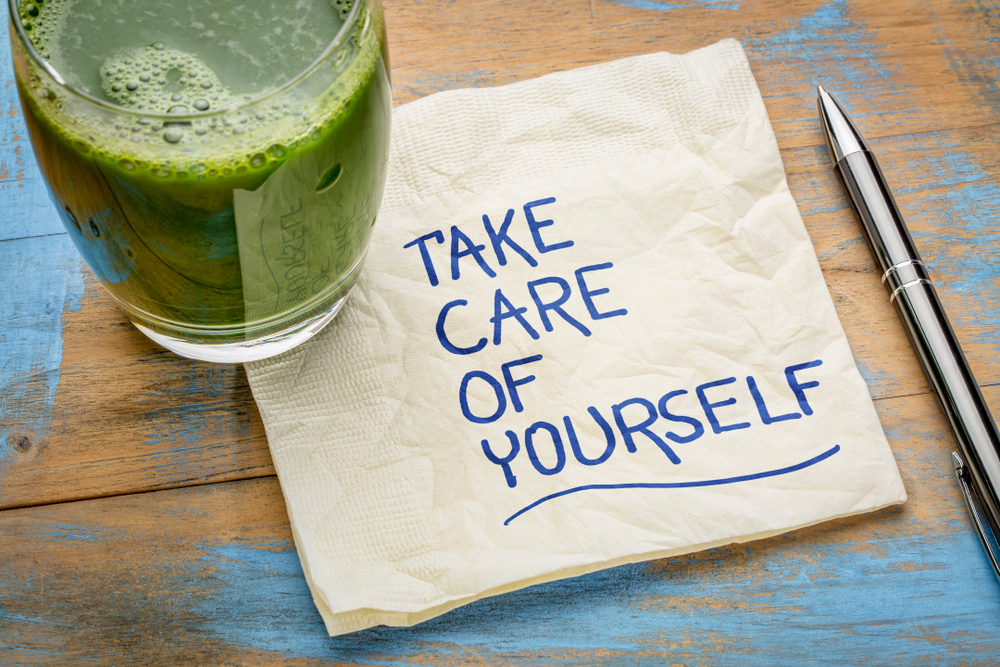
What is “self-care” really?
With the demands of modern-day life ever expanding. The advent of technology means it’s not easy to switch off from work, even when you are at home. It can leave us feeling like we are perpetually running, dashing from one responsibility to the next, and there is no time to slow down, to take a break and chill-out.
Existing at a constant high level of pressure isn’t good for anyone. Frequent and persistent stress leads to feeling strung out and overwhelmed. Which can result in tasks taking longer or not being done correctly. It is dangerous for both our physical and emotional health. High blood pressure can lead to heart attacks and strokes; the constant consumption of fast and processed foods is linked to several serious health conditions; and mentally, we are seeing huge increases in the number of people suffering with anxiety and depressive disorders (including generalised anxiety, clinical depression, obsessive-compulsive, post-traumatic stress), and burnout.
More and more we are hearing the term self-care. Being told we should be practising it and supporting our loved ones in their efforts to do so. But what is “self-care” really? And how do we apply it in our lives?
What is self-care?
In 1983 the World Health Organisation stated, “Self-care is the ability of individuals, families and communities to promote health, prevent disease, maintain health, and cope with illness and disability with or without the support of a health worker.”
Self-care isn’t a new concept, the idea of taking care of oneself and one’s loved ones has been around since the dawn of mankind. The philosophy first spread within the medical community in the 1950s. It emerged in psychiatric facilities; mental health patients were urged to practice self-care to regain self-worth. This coincided with the rise of patient-centred medicine, which urged people to take a more active role in the care they received, and the treatment they undertook.
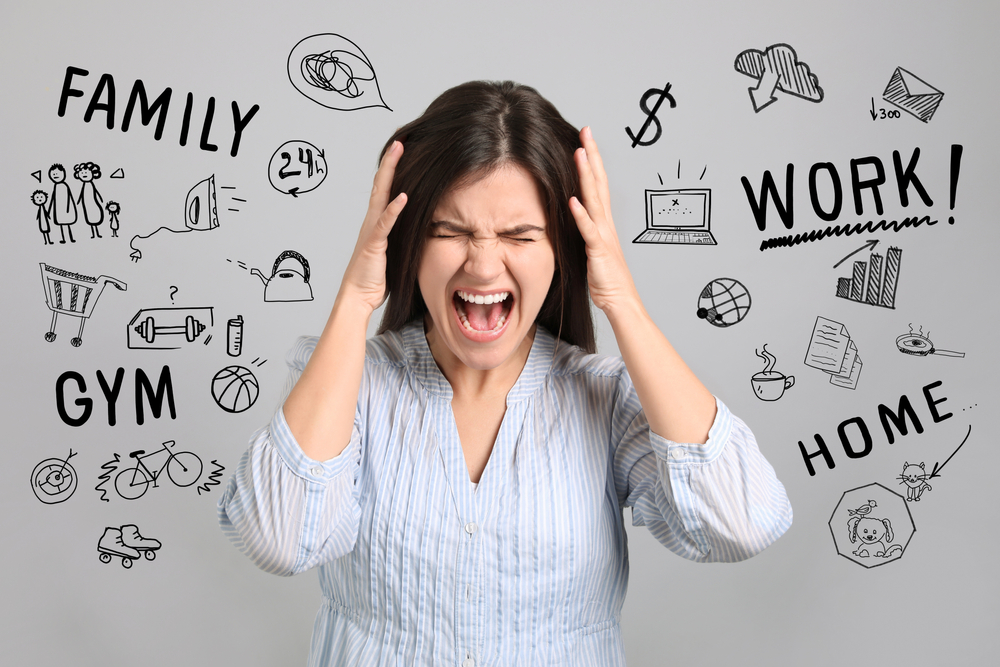
Self-care is doing anything that enriches your life, doesn’t diminish your energy but gives you a boost – either physically or emotionally. It is anything that you purposefully do (or refrain from doing) with your own well-being in mind. It means giving yourself the same kindness, consideration, and care that you would give to a loved one or friend. Its definition will change depending on circumstances and needs. For some it may mean a lie-in, and for others doing exercise. It is taking the time to do something you enjoy, and which benefits you.
Though the idea of self-care is different for everyone it should foster health and happiness, and not include behaviours that will eventually end in negative consequences. For example, having a late-night Netflix binge isn’t going to hurt anyone, it might just leave you a little tired. On the other hand, going out on a drug and alcohol-fuelled bender could damage your finances, relationships, and health.
Tips for self-care
Self-care is not selfish, self-indulgent, luxurious, a sign of weakness, or something to feel guilty about. It is essential and rejuvenating, an act of self-preservation and self-love, and something we all need to be doing regularly.
Self-care is different for everyone and can change based on your needs and wants at any given time. Any small act you grab for yourself will have a positive impact on your well-being.
Here are some suggestions to help you get started.
1. Looking after yourself physically.
This means looking after your physical health by eating right, getting enough sleep, doing some exercise, and seeing a healthcare professional (doctor, dentist, pharmacist, chiropodist, etc).

Food choices – food shouldn’t be classed as a luxury, but for some people taking the time to cook and eat a proper meal can feel like an indulgence. Eating processed, packaged foods whilst on the go may seem like the easier option, but in the long run, it is not going to do anything for your waistline or your vitality.
Eating healthy foods is better for your overall physical well-being. It can boost your immune system and protect against colds, flu, and other viruses. It gives you more energy and increases your ability to focus. It helps with mood swings and generally gives you a happier outlook on life.
All this means it is well worth the effort to take the time to shop, prepare, sit down, and eat, as the rewards will come back tenfold.
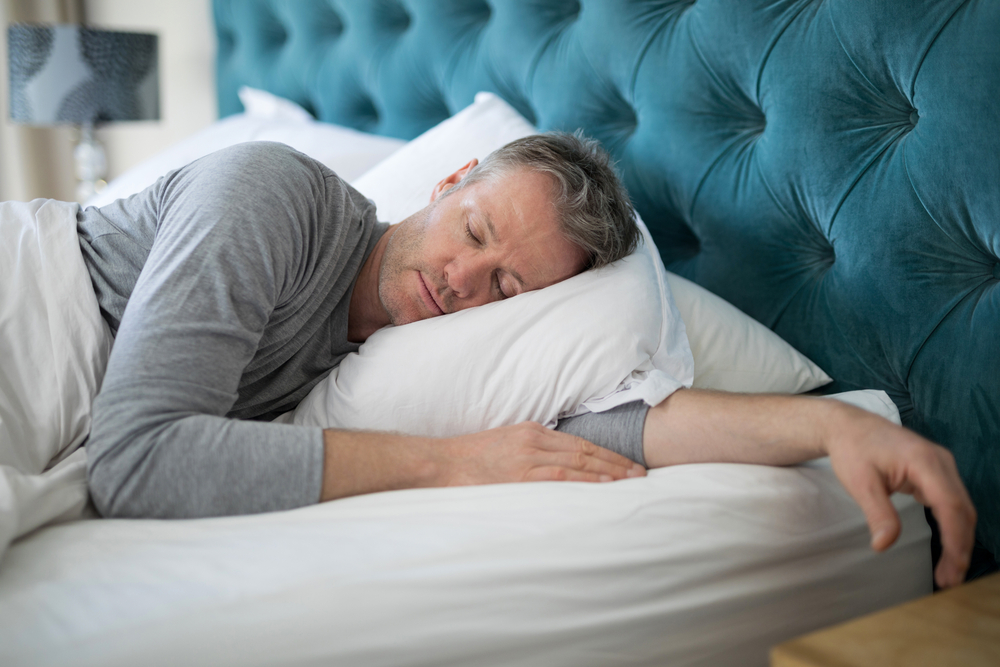
Sleep – if you have babies and young children, getting a full night of unbroken sleep may be something you currently only dream about. However, it is not just parents that are struggling, a global sleep study done by Philips in 2019 claimed that 62% of the world’s (adult) population don’t sleep as well as they’d like, and 67% experience sleep disturbances.
The average adult needs 7-9 hours (good) sleep a night to function well. If you are regularly not getting enough sleep, having trouble dropping off, or staying asleep, then you might want to look at your sleep conditions and routines. Is the room too hot, or cold? Is it too light? Are you drinking caffeine late in the day? Are you on your phone, laptop, or tablet right before trying to get to sleep?
Any of the above could be affecting your sleep, if your body is overheating, or getting cold it will wake you up. Light can really disturb the body’s rhythms, making it believe it is time to get up, when really you want to be sleeping. Caffeine and sugary foods are good to give the body a boost of energy, so eating and drinking these close to bedtime can have a negative impact on dropping off. The same goes for technology, the blue light from these devices stimulate the brain – waking it up, rather than helping you drop off.
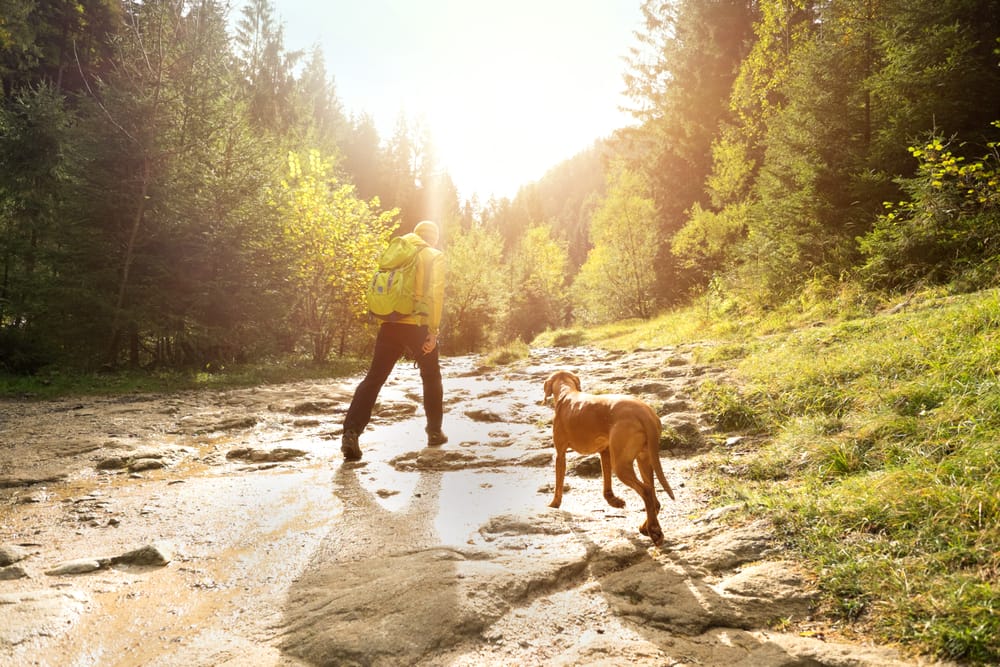
Exercise – An exercise class, a trip to the gym, swimming a few lengths – all of these are a great way to take your mind of life and relax for a bit. And if these all sound a bit strenuous for you it doesn’t need to be torturous, a little gentle exercise – a walk in the park or some stretching like yoga – can work just as well. Exercise naturally raises the body’s endorphins, making things feel and seem a bit better, and it also helps with sleep.
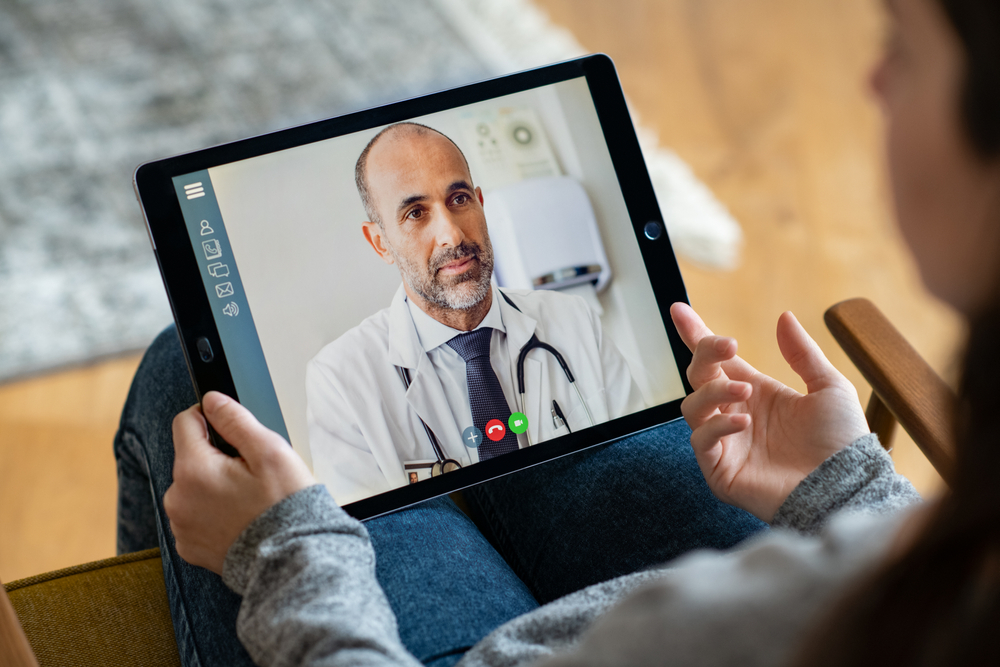
Seeking medical advice – we just keep putting that trip to the doctor or dentist off, telling ourselves we don’t have time. Instead of swallowing down painkillers and pretending it is all okay. Being sick, or in pain, is both physically and emotionally draining. Ignoring something doesn’t make it go away, it generally just makes it worse. It is massively important to take the time to go and see that medical professional – whatever it may be. And if you need to see someone regularly (a chiropractor, osteopath, nutritionist), make the time to schedule in the appointments and keep them. Staying on top of existing conditions isn’t an extravagance, it is a necessity, one that will ultimately ease stress in other parts of your life.

2. Looking after yourself mentally.
Looking after your emotional health is just as vital as taking care of your body’s needs. Anxiety, depression, bi-polar, post-traumatic stress, obsessive-compulsive disorder and substance abuse problems are all triggered or made worse by stressful or high-pressure situations.
Running on empty for long periods of time, with poor sleep, and a lack of rest and recuperation is exactly that. Nurturing your mental health can for some people be as simple as engaging in daily meditation, participating in a favourite hobby, connecting with loved ones, having a bubble bath, or watching a movie. Any downtime doing something you enjoy is good for you.
Others may need a little outside help, whether that is a therapist, a counsellor, or a support group – making time to talk about your feelings is central to keeping a good emotional balance. For those in recovery from drug and alcohol addiction, regular attendance at fellowship meetings (Alcoholics Anonymous, Narcotics Anonymous, Cocaine Anonymous) is an essential part of the process and one of the foundations of the 12-step program.

3. Making space to have some down time.
With a hectic schedule and a busy, full life it can feel impossible to find time for yourself. Running around after the family, making sure important tasks at work are completed on time, checking in with a friend who needs support – all admirable and dutiful, but what about you? When was the last time you sat down and read a book or took a walk in the park?
It can feel self-centred to put yourself first, but sometimes it is necessary. As the saying goes, “a car doesn’t run when there is no gas in the tank”, and neither will you. Taking some “me” time, relaxing or exercising – whatever it is you do to recharge those batteries isn’t self-centred, it is essential, and making the time to do it, is crucial. Or you could eventually crash and burn out.
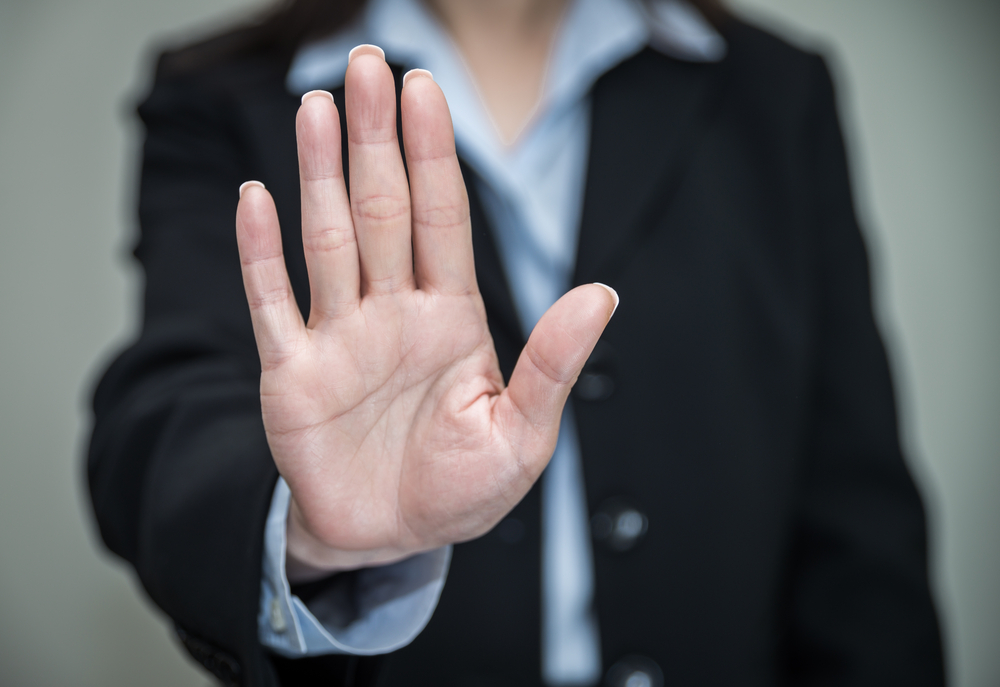
4. Learning to say no. Setting healthy boundaries.
Give yourself permission to say no. You don’t have to do everything that is asked of you, and you don’t have to spend time with people who are toxic. This is especially true if it is something, or someone, that could be dangerous to your peace of mind, and if you are in addiction recovery, your sobriety.
Apart from the time aspect, the other issue with constantly saying yes to things that you don’t really want to do, is that it harbours bad feelings. Meaning further down the line you will end up with resentment, feel awkward or uncomfortable, and it can even lead to an argument or worse. If you had just said no to start with, that could all have been avoided.
Set yourself some healthy boundaries. If that co-worker is always getting you to finish off their jobs, or your flatmate is constantly leaving you the washing up, which eats into precious time when you could be chilling out. Be honest with them, tell them how you feel and set boundaries, explain it is not acceptable and you are not going to do it. And then stick to your decision! It may be difficult at first but in the long run the temporary discomfort will be more than worth it.

5. Be gentle on yourself.
Self-care is all about being kind to yourself. Along with making the time in your busy life, you need to learn to ease up on the pressure you pile upon yourself.
If you are healing from an illness, addiction, trauma, or a painful experience, allow yourself the room to do it. Accept and acknowledge your emotions and work through them, in whatever time frame it takes – everyone is different.
Don’t set your expectations of people, places, or events too high – and that includes yourself. Don’t set unrealistic goals that are going to be difficult (if not impossible) to meet. Don’t try and do everything at once.
Set yourself some clear attainable objectives and get to them bit by bit. If you have a huge task to complete, break it up into smaller parts. If something is feeling overwhelming, talk to someone who can help you set out a plan of action. Don’t put yourself under unnecessary pressure.
Learn to let go of the things you can’t control. Anything external, i.e., other people and circumstances, you have no power over them. The only thing you can be in control of is your actions and reactions; work on walking away, doing the next right thing, and not reacting badly when things aren’t happening exactly the way you want.
Real self-care, especially for someone in recovery from active addiction, is choosing to create a life that you don’t feel you need to check out of or escape from. It may initially mean making hard or uncomfortable choices. It will ultimately give you a life that is happier and freer than you could ever have hoped for.

Rehab in Spain
Here at our luxury residential rehab centre, set on the idyllic Balearic Island of Ibiza, we treat clients struggling with alcoholism, drug and process addiction, substance abuse, as well as other underlying and co-occurring mental health conditions such as burnout, codependency, trauma, anxiety, and depression.
We have a range of programmes and use a combination of treatment methods, including counselling, talk and equine-facilitated therapy, and transcranial magnetic stimulation (TMS).
For information on our admissions, please contact [email protected]
Share this information, choose your platform!
5 Reasons to Travel Abroad for Rehab
So, you’ve taken the brave first step in admitting that you need help, but where should you seek it? It is important to understand that rehab is not a one-size-fits-all model, so it is vital to find the right place …
The role of anger in addiction
Addiction is a devastating mental health disease. It is characterised as not having control over the use of a substance or the participation in an activity, to the point where its continued, and/or excessive use, is harmful for you – …
Has your drinking increased during quarantine? Five signs that it may have got out of control…
As lockdown measures ease, many people are starting to look at the habits and behaviours they picked up during quarantine. If you have found that your consumption of alcohol has increased, then you are not alone. Whilst numerous studies are …
Could you be a workaholic?
Do you “work to live”? Or “live to work”? Are you working long hours; taking work home; frequently checking messages and emails outside of working hours, even when you are on holiday? Does your job consume you? If you answered …








